
A healthy diet can improve mood and effectiveness of antidepressant medications. Here's why your patients should be eating healthier.

A healthy diet can improve mood and effectiveness of antidepressant medications. Here's why your patients should be eating healthier.

Patients' first reactions to a diagnosis of major depressive disorder can be varied. What can you do to help them cope?
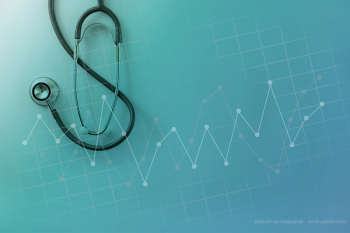
Exercise can be a useful tool in managing symptoms of anxiety and depression. Learn how you can integrate exercise prescriptions into your treatment plans.

A controversial report from the British Psychological Society draws a pair of sharp rejoinders.

A study in Spain uncovers the hard truth about gender inequality in mental health care.
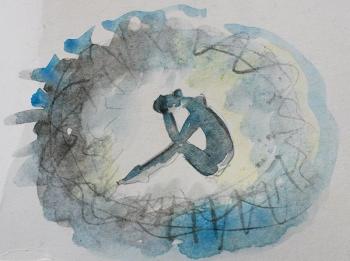
Learn about REL-1017, the medication that has the potential to be the first single agent oral NMDAR antagonist for the adjunctive treatment of depression.

A diagnosis of depression, anxiety disorders, or bulimia may also indicate a heightened risk of excessive drinking.
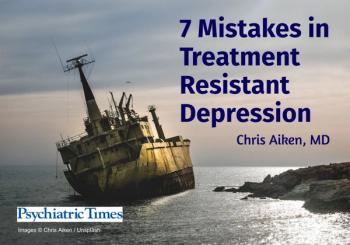
Raise the dose, augment, or switch? A new study suggests we may need to give antidepressants more time to be effective.

Does race affect the risk of stroke in patients with depression? A new study finds some answers and some new questions.

What are the 3 signs, or horsemen, of physicians struggling?

VistaGen Therapeutics CEO Shawn Singh discusses what he and VistaGen are doing to create and improve treatments that complement your practice.

Benzodiazepines, a drug used to treat anxiety and other conditions, has been mandated to alter their safety warnings. Read about the latest.
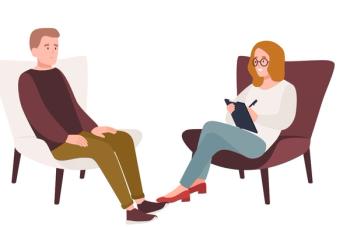
Job loss may negatively impact your patient’s mental health. Read about how you can help.

Read about the new results from Sage’s clinical study of depression treatment, zuranolone.
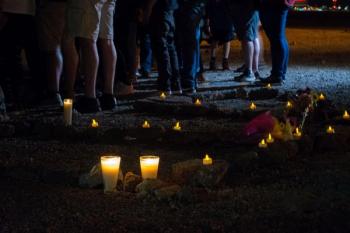
Terrorism is a crime from which the families of the victims may never recover. A recent study examines the grieving process in depth.

Dak Prescott of the Dallas Cowboys spoke up about his mental illness and was questioned. Dr Calhoun argues his bravery should be commended, not criticized.

What happens when a patients decides to quit taking a serotonin reuptake inhibitor?
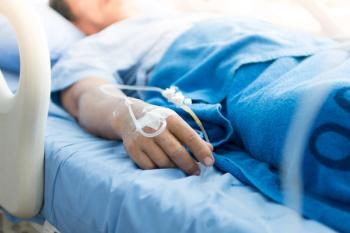
Individuals who are anxious and depressed are more likely to avoid necessary medical care, even during a pandemic.

Prepare for National Depression Education and Awareness Month with a discussion on initiatives and treatments.
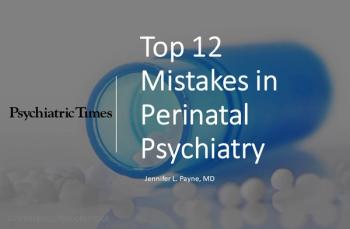
Although they may have been the result of good intentions, these mistakes could adversely impact mother and baby.

In this video, Jamie Tworkowski, founder of a suicide awareness organization, shares the story of the charity's surprising start.

This moment in history cannot be lost. When you ask us if we are okay, be prepared to hear us say we are not . . . and never have been. Then be prepared to do more.

Do you prescribe antidepressants for your patients with bipolar depression? If so, think again, and consider results from these studies.

Suicide risk screening is especially challenging. Although data are not yet available to ascertain how COVID-19 will affect the suicide rate, the 3-tiered clinical pathway has been revised to accommodate mostly telehealth screening.

Consumption of cannabis during pregnancy results in a host of problems, including cannabinoid placental crossing and accumulation in the fetal brain as well as other organs.